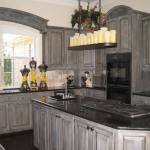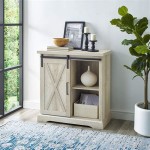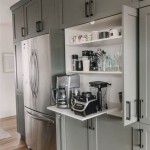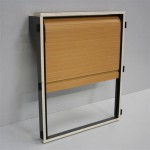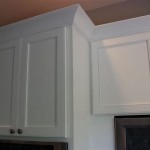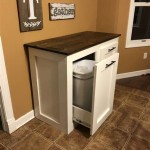Essential Aspects of Vintage File Cabinets: A Comprehensive Reference
Vintage file cabinets hold a unique allure for enthusiasts, decorators, and collectors alike. Their timeless designs, intricate details, and sturdy craftsmanship evoke a sense of nostalgia and historical charm. Understanding the essential aspects of these iconic pieces is crucial for informed decision-making when restoring, collecting, or simply admiring them.
Key Features to Consider
When evaluating vintage file cabinets, several key features deserve attention:
- Material: Vintage file cabinets were primarily crafted from steel or wood. Steel cabinets offer durability and resistance to fire and water damage, while wooden cabinets provide a touch of warmth and elegance.
- Finish: The finish of a file cabinet can enhance its aesthetic appeal and protect its surface. Common finishes include paint, enamel, and lacquer, each offering distinct shades and textures.
- Size and Capacity: Vintage file cabinets vary in size and capacity, accommodating different storage needs. Consider the available space and the amount of files to be stored when making a selection.
- Hardware: The hardware on a file cabinet, such as handles, knobs, and locks, adds character and functionality. Original hardware can significantly enhance the value of a piece.
- Condition: The overall condition of a vintage file cabinet is a primary consideration. Check for signs of damage, rust, or wear that may require restoration or repair.
Types of Vintage File Cabinets
Vintage file cabinets come in various types, each with its unique purpose and design:
- Vertical File Cabinets: The most common type, designed to store files vertically in hanging folders.
- Flat File Cabinets: Intended for storing large, flat documents, blueprints, or artwork.
- Rotary File Cabinets: Rotates on a central axis, providing easy access to files stored in a circular arrangement.
- Card File Cabinets: Specifically designed for storing and organizing index cards.
- Map File Cabinets: Features large drawers or compartments specifically designed for storing maps.
Restoration and Maintenance
Restoring and maintaining vintage file cabinets is crucial to preserve their value and beauty. Here are a few tips:
- Clean Gently: Use mild soap and water to clean the surface of the cabinet, avoiding harsh cleaners or abrasives.
- Remove Rust: Treat any rust spots with a commercial rust remover or a solution of vinegar and baking soda.
- Repair Dents: Minor dents can be repaired using a rubber mallet or a dent removal kit.
- Touch Up Paint: If the finish is scratched or chipped, use matching paint or enamel to touch up the affected area.
- Lubricate Hardware: Apply a lubricant to moving parts such as drawers, slides, and locks to ensure smooth operation.
References
For further exploration on the topic of vintage file cabinets, consider the following resources:
- Vintage Office Interiors: https://www.vintageofficeinteriors.com/collections/vintage-file-cabinets
- Modernica: https://modernica.net/products/vintage-file-cabinets
- Chairish: https://www.chairish.com/explore/vintage-file-cabinets
- 1stDibs: https://www.1stdibs.com/furniture/storage-case-pieces/file-cabinets
- Revival Antiques: https://www.revivalantiques.com/search/?q=vintage+file+cabinet

Filing Cabinets Chris Aldrich

Early 20th Century Wood Large French File Cabinet For At 1stdibs Shallow Drawer Filing

Pair Of Antique File Cabinets By Library Bureau Sole Makers 1890s Chairish

Antique File Cabinet With 36 Drawers

Filing Cabinets Chris Aldrich

Completely Refinished Vintage American Industrial 1950 S Brushed Metal Heavy Duty Filing Cabinet

Pair Of Antique File Cabinets By Library Bureau Sole Makers 1890s Chairish

Refinished C 1940 S Vintage American Industrial Pressed And Folded Steel Four Drawer Filing Cabinet With Brushed Metal Finish Sealed A Clear Coat Lacquer

Vintage 1920s Industrial Globe Wernicke Oak Flat Map Blueprint File Cabinet

Completely Refinished Vintage American Industrial 1950 S Brushed Metal Heavy Duty Filing Cabinet
Related Posts

